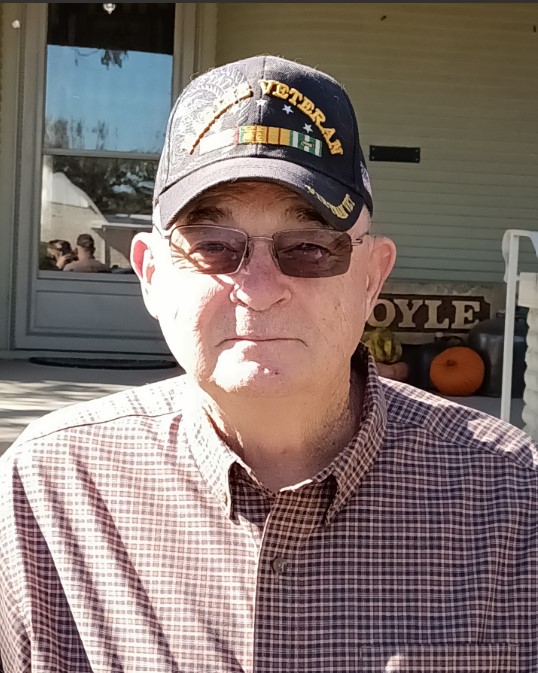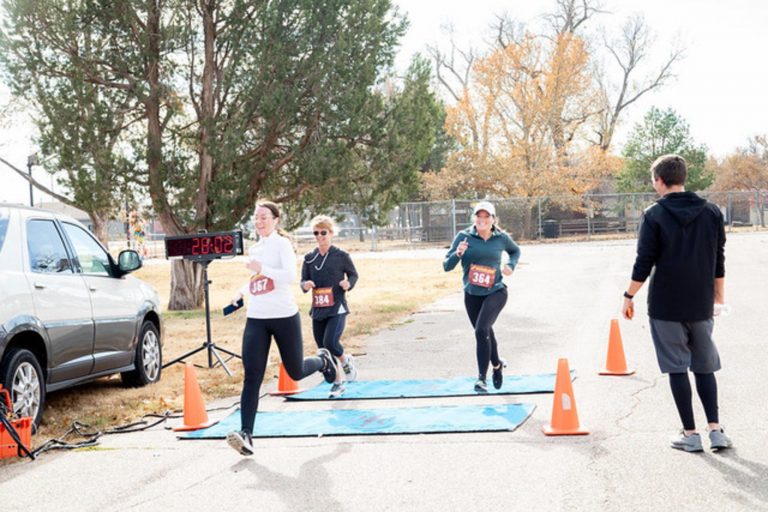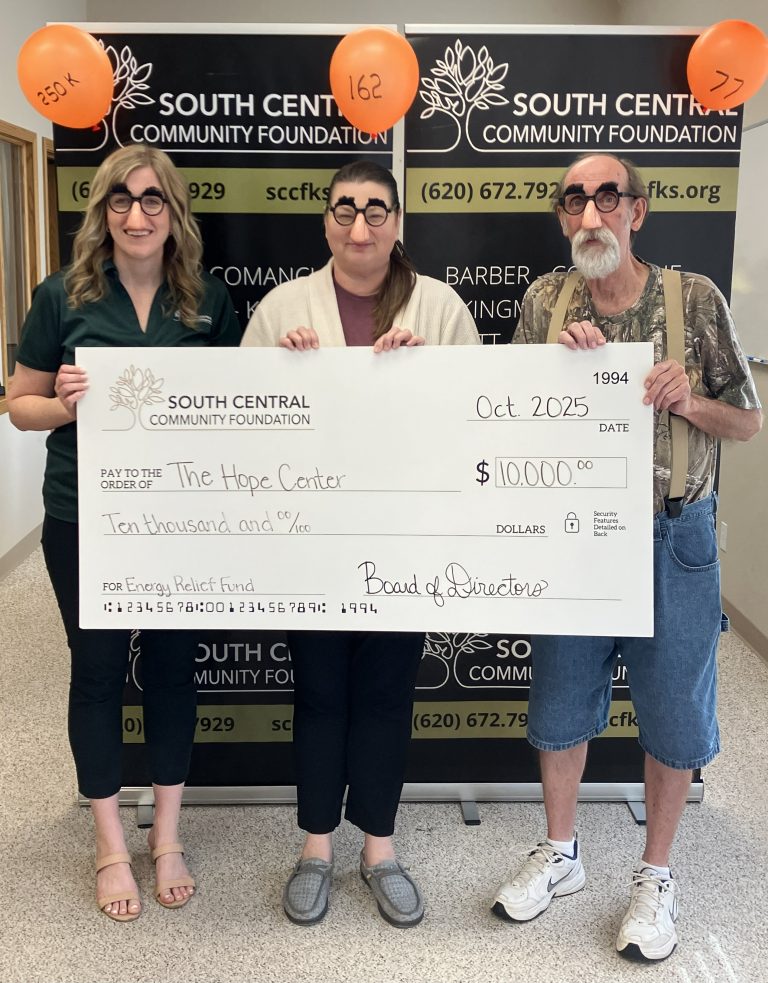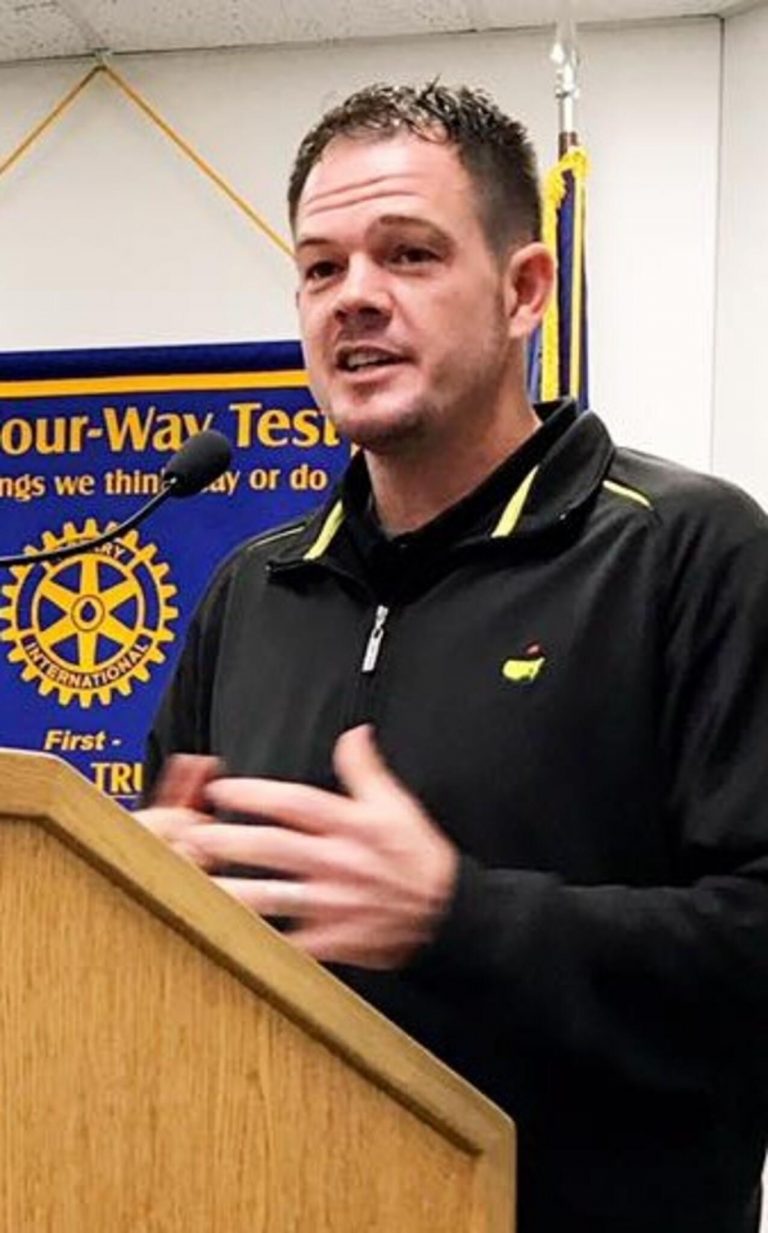By John Huxman
Freelance Reporter
Special to the Tribune
Lieutenant Colonel Wayne Doyle served in the United States Marine Corps
Veterans Day is set aside to honor those who have served their country in the military. Retired Marine Corps officer Wayne Doyle feels that veterans day observance has changed throughout his lifetime. The most recent change has been for the better. “Veterans day, before I went into the service was a big deal. And it was not talking about dead guys. That was memorial day.” After Vietnam, however, he says public appreciation declined. For years, no one cared about Vietnam veterans. Since the first gulf war, and especially since September 11, 2001, Doyle has seen much better public support for America’s veterans. He feels that many in the American public have learned how to separate policy decisions with which they may disagree from the servicemen. “After Desert Storm things started picking up, how troops were treated when they came back.” Wayne’s son, Sam Doyle, returned to a much more grateful public than Wayne had. “[Sam’s] unit could barely get out of the airport without people handing them drinks and patting them on the backs and applauding for them. I think that has stayed; the appreciation for the veteran has stayed, [even when] the appreciation for the politician has not, and I am in favor of that.” This improving attitude toward veterans has also benefited those from the Vietnam era. Doyle says he often receives thanks for his service now, and only rarely receives negative or condescending comments.
Lieutenant Colonel Wayne Doyle served in the United States Marine Corps from 1967 until 1988. Doyle had always wanted to be a Marine. “I’m an avid reader of history and there were a lot of books out in the ‘50s and early ‘60s by World War II veterans talking about things and I read a lot of those.” He was also influenced by a friend of the family who had served as a marine in the Second World War, “He had an influence, but didn’t know it. Just the way he carried himself.”
Doyle started his military career during the Vietnam War. After platoon leaders’ class during college, he was commissioned as a second lieutenant and then went to officer training. “Which was normally a six month course, but they knocked it down to five because they needed to get officers in country.” Doyle went straight to Vietnam after officer training. “I was commissioned in 1967 and it was really starting to heat up and had been heating up. I got in there in early December. When we got there it was relatively quiet initially because the bad guys were saving up for the Tet Offensive that started in the end of January ‘68. So I was in country almost two months when that started.” After his first tour in Vietnam, he remained in the military, “Most people got a reserve commission for three years, I got a regular commission for four years and just stayed.”
After his first tour, Doyle taught at Officer Candidate School. After a year and a half he became an aid to a general. During that time he also attended John F. Kennedy School for Military Assistants at Fort Bragg. He then went back to Vietnam, “I went over and I became an adviser for a year plus. And there was also the draw-down going on, so I was one of the last replacements. I relieved a guy when he went home, and then when I left there was no replacement.” After coming home the second time, Doyle went to a school for captains called the Amphibious Warfare School. “That had been nine months and it was down to six, I think.” Next, he was assigned to recruiting duty in Austin, Texas for three years before being stationed at camp Lejeune for four years. “I had a very unusual tour there. I had four years of being in the same infantry battalion, which was just unheard of.” He started as a personnel officer, then had a rifle company, and then became the operations officer, which meant that he was a captain in a major’s billet. He was in the last position the longest and did a number of deployments including a cruise in the Caribbean and two cruises in the Mediterranean. He finished his second tour as an executive officer and then went to the Naval War College in Newport. Finally, he ended up teaching at the Command General Staff College at Fort Leavenworth where he was until his retirement.
Staying in the military after returning stateside meant that Doyle was not exposed to as much anti-military sentiment as were servicemen who returned into civilian life. “I didn’t have the problems that many did because I went back home and went right into a military base. The guys who had trouble were the ones who came home and were discharged; the whole ‘baby killer’ thing.”
When asked what he wished civilians better understood about military service, Doyle said that he wished people had a better appreciation for the sacrifices that military personnel and their families make to serve their country. “It’s as much the sacrifices that the families make,” he said. His own wife and family had to deal with his frequent and prolonged absences until his posting at Leavenworth. Not being able to be present for his boys during much of their upbringing was the most difficult part for him. “There’s a certain dedication that I don’t think civilians understand for someone to enlist and for someone to stay in. Its not like going to your first job after high school or college. Its just not. Most people who sign up for the service, then or now, do so out of a sense of duty to something. They’re not called to service to learn a trade, they learn a trade as part of their service. They are giving something back, they’re trying to test their mettle. There are a lot of reasons, most of which have nothing to do with pay, benefits, or retirement. And think that most veterans, even if they had a bad time, they look back on it and are proud, usually quietly proud, that they did it—that they were part of something bigger than themselves.”
Regarding veterans causes and organizations, Doyle said he would like to put in a plug for Tunnels to Towers, a non-profit that helps both veterans and first-responders and their families when one has been killed or injured in the line of duty. “That’s a great organization doing great things,” he said. He also mentioned the VFW, American Legion, the USO, and Navy Relief.




